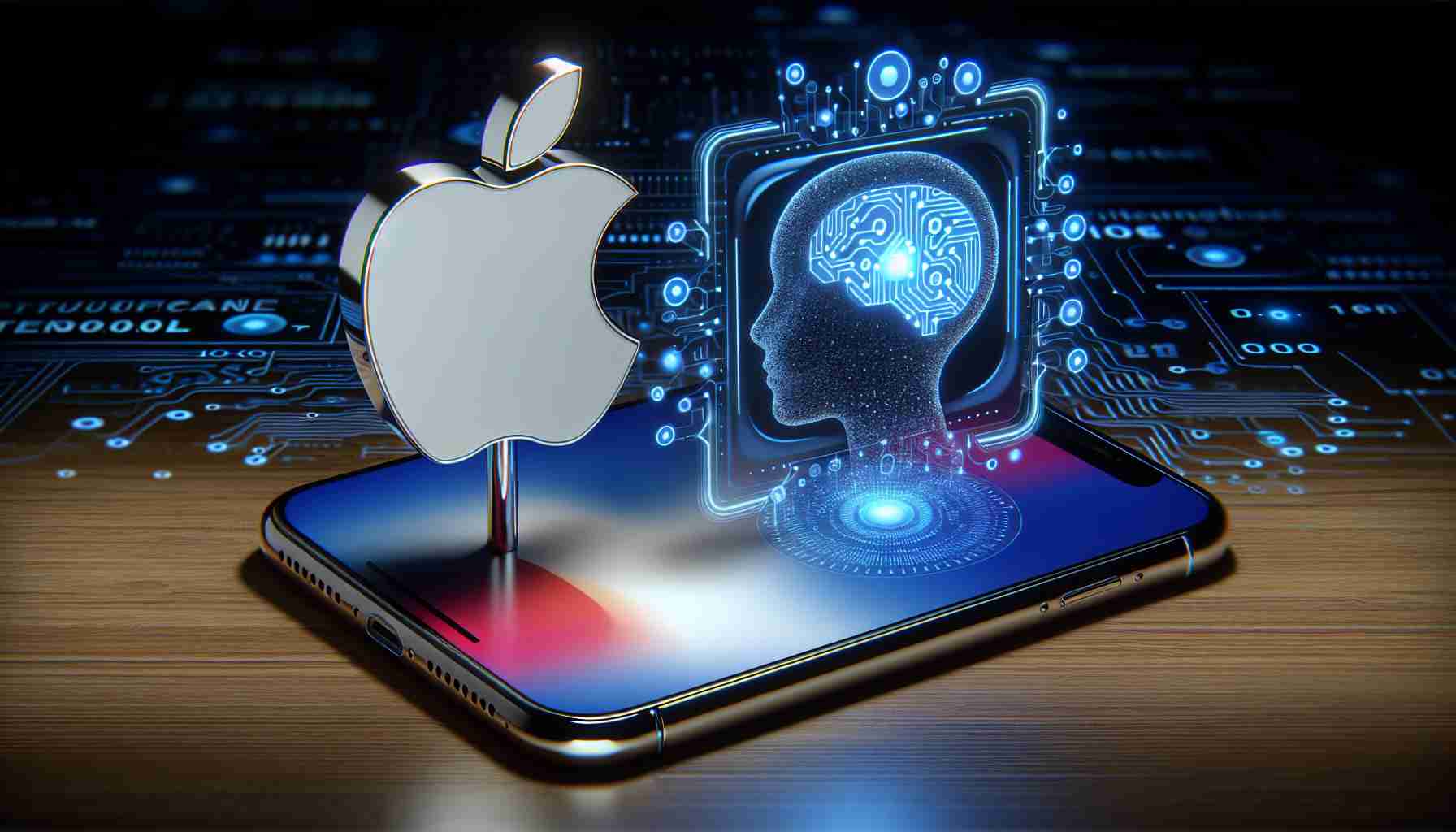Emerging Technologies Meet: Apple’s Next Step with OpenAI
In a forward-looking move, Apple is reportedly in discussions with OpenAI to integrate advanced generative AI technologies within the next iteration of its mobile operating system. The tech giant’s initiative aims to enrich user experience by embedding these intelligent features directly into iOS 18.
The talks are happening in anticipation of Apple’s annual event, the Worldwide Developers Conference (WWDC), slated for June 2024. Although still early days, this partnership could pave the way for Apple’s deeper venture into the realm of artificial intelligence. Through this collaboration, both parties aim to push the boundaries of what smart devices can do, leveraging OpenAI’s cutting-edge capabilities.
As the mobile ecosystem evolves, the combination of Apple’s sleek iOS interface with OpenAI’s robust AI offerings may offer consumers an unprecedented level of smart assistance. Users could potentially see a more intuitive, personalized interaction with their devices, changing the way they engage with technology on a daily basis.
While specifics of the potential collaboration remain confidential, the implications of such a union are substantial. Should the negotiations conclude successfully, the wide array of users invested in the Apple ecosystem could soon enjoy a taste of the future of mobile AI integration.
Important Questions and Answers:
Q1: What could a potential partnership between Apple and OpenAI mean for consumers?
A1: A partnership between Apple and OpenAI could lead to more advanced AI features being integrated into iOS systems. These features could provide a more intuitive and personalized user experience, potentially redefining the way people interact with their Apple devices by offering smarter assistance and more contextual functionalities.
Q2: What are some of the challenges associated with integrating OpenAI’s technology with iOS?
A2: Challenges could include ensuring user privacy and data security, aligning OpenAI’s AI capabilities with Apple’s hardware and software standards, and making sure the AI integration caters to a wide range of users while maintaining the simplicity and intuitiveness of the iOS platform.
Key Challenges or Controversies:
– Data Privacy: With advanced AI capabilities comes the concern about how personal data will be used and protected. Apple has a reputation for upholding user privacy, so maintaining this while integrating OpenAI’s technology will be crucial.
– Alignment of Company Cultures and Objectives: Apple and OpenAI have distinct corporate philosophies; harmonizing these could be challenging, especially when it comes to OpenAI’s open-ended approach to AI development versus Apple’s traditionally closed ecosystem.
– AI Ethics: There is an ongoing discussion about the ethical implications of AI. Bringing advanced AI to mainstream users raises concerns about potential misuse, bias, and other ethical issues that both companies will have to address.
Advantages:
– Enhanced user experience with more intelligent and responsive devices.
– Potential for new features that could revolutionize how we use smart devices.
– Strengthening of Apple’s competitive position in the tech market by leveraging OpenAI’s AI research.
Disadvantages:
– Privacy risks with the integration of more potent AI, requiring rigorous data protection measures.
– Increased expectation and demand for technical support and troubleshooting as systems become more complex.
– Risk of alienating users who are intimidated by or skeptical of AI’s role in their personal devices.
Suggested Related Links:
– To learn more about Apple’s initiatives and announcements, visit Apple.
– For insight on OpenAI’s latest developments and projects, explore OpenAI.
Bear in mind that neither Apple nor OpenAI have publicly confirmed talks or the nature of any potential partnership as of my knowledge cutoff date. This speculation should be taken as such until any official announcements are made.
